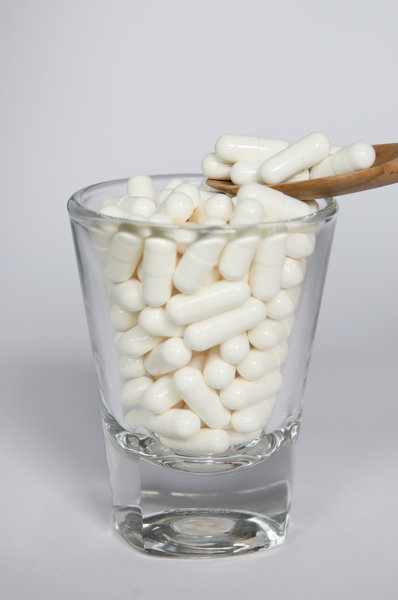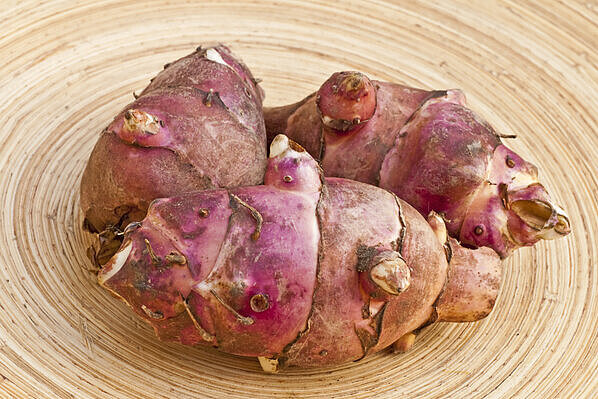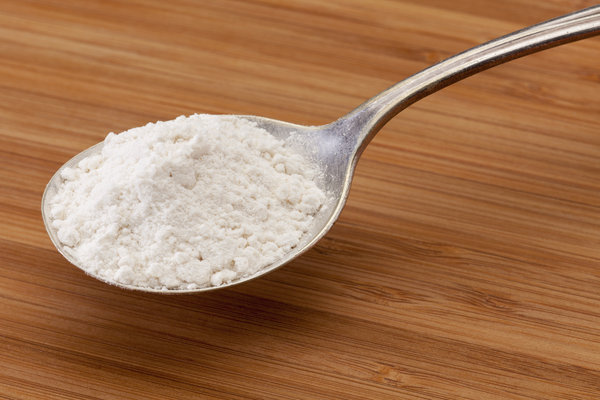Beta-glucans

Beta-glucans are a group of sugar molecules found in the cell walls of cereals, bacteria and fungi. They have various health benefits for humans and animals, especially for the immune system. In this article you will find out what beta-glucans are, how they affect dogs and what advantages and disadvantages they have.
What are beta-glucans?
Beta-glucans are polysaccharides, i.e. long chains of glucose units that are linked together by special bonds. There are different types of beta-glucans, depending on how the glucose units are arranged. The most important are beta-1,3/1,6-glucans, which are found in the cell walls of yeasts and fungi, and beta-1,3/1,4-glucans, which are found in the cell walls of cereals such as oats and barley.
How do beta-glucans affect dogs?
Beta-glucans have an immunomodulating effect, i.e. they influence the activity and function of the immune system. They are absorbed in the intestine by special cells known as macrophages. These cells are responsible for recognizing and eliminating pathogens such as bacteria, viruses and parasites. Beta-glucans activate the macrophages and stimulate the release of messenger substances that attract and alert other immune cells. This strengthens the body's immune response and improves the fight against infection.
Beta-glucans also have a positive effect on intestinal health. They promote the regeneration of the intestinal mucosa and the formation of healthy intestinal flora. They can also alleviate gastrointestinal problems such as diarrhea, flatulence and inflammation.
What are the advantages and disadvantages of beta-glucans for dogs?
Beta-glucans have many benefits for dogs, especially those that have a weakened immune system, for example due to illness, stress, age or medication. They can increase a dog's resistance and vitality and help them to recover more quickly. They can also reduce the risk of chronic diseases such as allergies, cancer or diabetes.
However, beta-glucans also have some disadvantages. They can impair blood clotting and increase the risk of bleeding. They can also influence the effect of certain medications such as antibiotics or immunosuppressants. They can also trigger allergic reactions or intolerances, especially in dogs that are sensitive to cereals or fungi.
How can beta-glucans be used for dogs?
Beta-glucans can be used as a dietary supplement for dogs. There are various products on the market that contain beta-glucans, for example in the form of powder, tablets or capsules. The dosage depends on the type and concentration of the product, the dog's weight and state of health. It is advisable to follow the manufacturer's instructions or consult a vet. Beta-glucans should always be taken with sufficient water to ensure good digestion.
Beta-glucans can also be supplied through the diet. A good source of beta-glucans is oats, which are also a highly digestible and gluten-free supplementary food for dogs. Oat bran contains even more beta-glucans than oat flakes.
Beta-glucans are an interesting ingredient for dogs that can support the immune system and intestinal health. They have many advantages, but also some disadvantages that should be considered.
Properties 17
Are you looking for other ingredients with a specific property?
Just click on them to find more.
If you notice any signs of hypersensitivity or poisoning in your dog, you should see your vet immediately. We are not a substitute for a vet, but we try to be as accurate as possible. Every dog reacts differently and we recommend you get a second opinion or consult your vet if in doubt.
Stay healthy and take good care of your four-legged friend!😊
Similar to Beta-glucans
Inulin is a carbohydrate that consists of several fructose molecules. It is used by plants as an energy store and is found, for example, in chicory, artichokes, Jerusalem artichokes and dandelions....
Pectin is a plant polysaccharide found in the cell walls of fruit and vegetables. It is a natural gelling agent that is released when fruit is cooked or frozen. Pectin is often used as an additive...
Cellulose is a carbohydrate that consists of many glucose molecules. It forms the cell walls of plants and gives them stability and strength. Cellulose is found both in food (e.g. in vegetables or...
Psyllium husks consist of around 65% soluble and 35% insoluble fiber. The soluble fiber can bind water and thus swell up. The insoluble fiber increases stool volume and promotes bowel movement....



